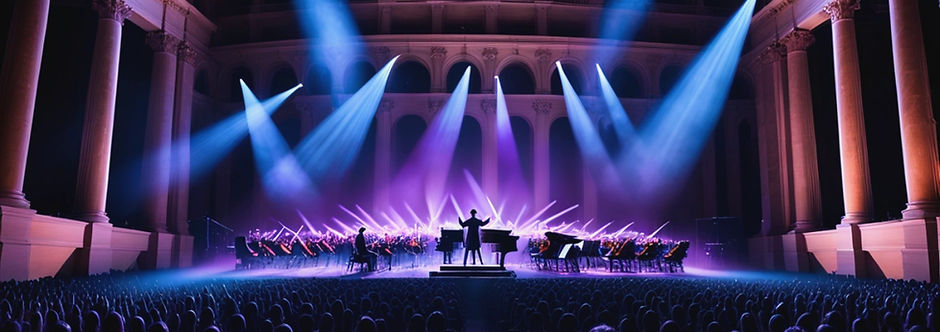
Finding the best audio mixer for small gigs under $200 can be challenging. You need a mixer that balances affordability, portability, and enough channels to handle your setup, whether you’re performing solo or with a small group. We’ve researched the top options to ensure you get the best sound quality and features for your budget, so you can focus on your performance without breaking the bank.
Best Audio Mixer for Small Gigs Under $200
Froket Audio Mixer CT-8 – Best for Small Bands
Mackie Mix5 – Most Portable Mixer
YaeCCC Mic Mixer with USB Slot (7 Channel) – Best for Beginners
D Debra SI-8UX (8 Channel) – Best for Larger Setups
What You Need for Small Gigs
When shopping for an audio mixer for your small gigs, focus on channels, portability, and whether you need built-in effects. Mixers with USB slots are useful for recording, and compact designs ensure easy transport. The mixers we’ve reviewed here balance ease of use, quality, and affordability.
Choosing the Right Mixer for Your Gig
How Many Channels Do You Need? If you're performing solo or in a small group, 4-6 channels should suffice, but larger setups will need 8 or more.
Portability and Ease of Setup are crucial if you’re constantly on the go; a lightweight, compact mixer can streamline your setup.
Built-In Effects like reverb or equalizers can enhance live sound without extra gear.
USB Recording Capability is a must if you want to capture live performances directly to your computer.
Durability and Build Quality ensure your mixer can handle frequent travel and live performance rigors.
The Best Audio Mixers for Small Gigs Under $200
1. Froket Audio Mixer CT-8 – Best for Small Bands
The Froket Audio Mixer CT-8 offers 8 channels, making it perfect for small bands needing multiple mic inputs. With a compact design and built-in effects, it’s a great option for live performances.
Pros: Multiple channels, lightweight, versatile effects.
Cons: Limited USB functionality.
2. Mackie Mix5 – Most Portable Mixer
Known for its portability, the Mackie Mix5 is perfect for solo artists or small setups. It offers five channels with clear sound quality and a durable build, ideal for musicians on the go.
Pros: Extremely portable, clear sound.
Cons: No USB connectivity.
3. Yaeccc 4 Channel Audio Mixer with USB Interface – Best for Beginners
If you’re new to audio mixers, the Yaeccc 4 Channel is a great entry-level option. It’s easy to set up, with 4 channels and USB recording capabilities, perfect for simple small gig setups.
Pros: USB recording, easy to use.
Cons: Limited number of channels.
4. D Debra SI-8UX (8 Channel) – Best for Larger Setups
For musicians with larger setups, the D Debra SI-8UX offers 8 channels, USB slots, and EQ adjustments. It’s designed for those who need more versatility but want to keep costs down.
Pros: Great for larger setups, built-in EQ.
Cons: Slight learning curve for beginners.
Key Factors to Consider When Buying a Budget Audio Mixer
1. How many channels do I need for small gigs?
For solo performances or small groups, 4-6 channels are usually enough. For bands or larger setups, opt for mixers with 8 channels or more.
2. Can I use a USB mixer for recording live performances?
Yes, many audio mixers under $200, like the Yaeccc 4 Channel, come with USB interfaces that allow live recording directly to your computer.
3. What’s the best audio mixer for beginners?
The Yaeccc 4 Channel Audio Mixer is an excellent beginner-friendly option due to its simple setup and easy-to-use features.
4. Are portable mixers reliable for live gigs?
Yes, mixers like the Mackie Mix5 are lightweight and portable without compromising sound quality, making them perfect for live gigs.
5. What’s the difference between a USB mixer and a regular mixer?
A USB mixer allows you to connect directly to a computer for recording, while a regular mixer only manages sound during live performances without a direct digital connection.





Comments